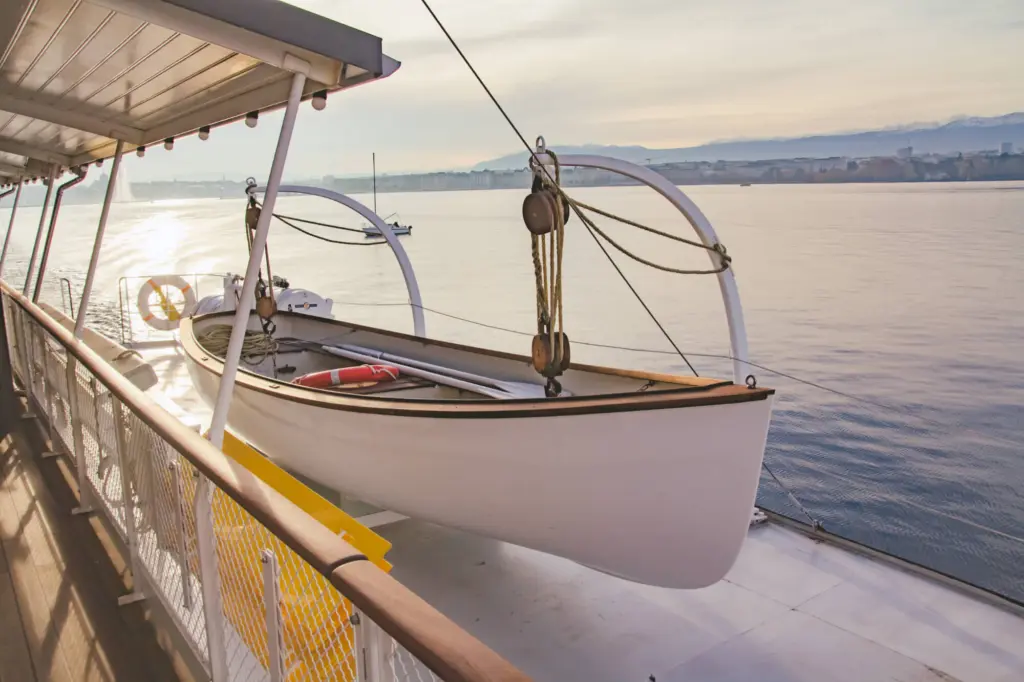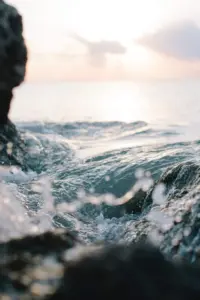Legal Due Diligence in Private Security Operations
The spirit of #BLUESecurity demonstrates the respect for Indvidual’s rights in a complex environment of international legal regimes. The constant instability caused by piracy and threats of violence on shipping routes prudent security management and a solid legal awareness to be able to react to changing security situations. The complex interplay of different legal systems […]A Legal Imperative for Maritime Governance and the Private Sector: Integrating SDG16 with SDG14

Ocean community must recognise the set of SDGs to
achieve a global standard of fundamental standards at sea as on land.
The international community’s recognition of the interdependency between peace, justice, strong institutions, and the conservation and sustainable use of oceans has never been more pressing. The 17 Sustainable Development Goals (SDGs) set by the United Nations in 2015 illustrate the holistic approach needed to address the myriad challenges the world faces. In particular, the harmony between SDG16, which emphasizes peace, justice, and strong institutions, and SDG14, which focuses on life below water and with the oceans, underscores the necessity of a cohesive approach in the maritime sector.
Challenges at Sea: Law Enforcement and Crime Prevention
Oceans cover 71% of our planet and are critical to our global ecosystem and economy. Yet, they also remain a space where lawlessness often prevails. Issues such as piracy, illegal fishing, human trafficking, and narcotics smuggling are rampant in many parts of the world’s waters. In this context, it’s not just about conserving marine life but also ensuring that the maritime domain remains safe and secure for all. This brings SDG16 into sharp focus: how can we ensure peace and justice in our oceans without robust institutions and systems in place?
Integrating SDG16 with SDG14 offers a two-fold solution. First, it emphasizes the importance of a strong legal framework to prosecute maritime crimes effectively. International waters should not be a refuge for criminals. Collaborative international legal efforts, such as the United Nations Convention on the Law of the Sea (UNCLOS), have made strides in this direction, but more robust enforcement mechanisms are required.
Second, the intertwined nature of these goals highlights the importance of local institutions. Empowering coastal nations and flag states to enforce applicable laws within their competences and advocating shipping operators to effectively support law enforcement efforts not only helps in crime prevention and the adherence to the rule of law but also aids in the sustainable use of marine resources.
The Role of the Private Sector
Maritime security is not just the concern of governments. The private sector has a significant stake in the safety and sustainability of the oceans. Commercial shipping, fisheries, and the growing blue economy are all dependent on safe and secure waters with due regard to the Rule of Law. By embracing the principles laid out in SDG14 and SDG16, businesses can contribute significantly to both environmental conservation and crime prevention and further the comprehensive implementation of the Rule of Law to ensure the integrity of people, goods, and other tangibles.
Moreover, the private contribution to safe and secure oceans and their support to public law enforcement activities can be a potent tool in this endeavour. For instance, shipping companies can share intelligence with national coast guards, while tech firms can develop surveillance technologies to monitor and protect marine protected areas. The recognition and implementation of judicial standards in private marine and maritime theatres foster the preservation of the rule of law in remote environments. Collaborations such as these could ensure that the private sector does not just benefit from the oceans but also plays an active role in their protection.
Conclusion
The interrelation between life below water and with the oceans and the establishment of peace, justice, and strong institutions is clear. As the challenges faced in the maritime domain become increasingly complex, a unified approach that integrates SDG14 with SDG16 becomes essential. By merging these goals, we do not just protect our oceans and ensure a just and equitable use of its resources, but also respect the same standards of governance, security, and accountability at sea as on land. With the active participation of both states and the private sector, such an integrated approach can pave the way for sustainable maritime governance in the future.




